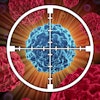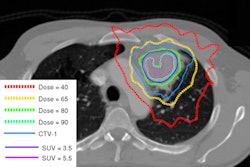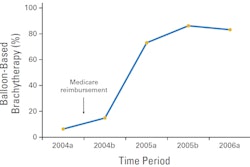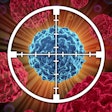Disease-free survival rates in women with early-stage breast cancer who have had breast-conserving surgery are boosted when the women undergo additional radiation treatment, according to a study presented on Monday at the American Society of Clinical Oncology (ASCO) annual meeting in Chicago.
The study by lead researcher Dr. Timothy Whelan, of McMaster University in Canada, and colleagues included more than 1,800 women who had undergone breast-conserving surgery. Whelan is also the lead study investigator for the NCIC Clinical Trials Group, which is funded by the Canadian Cancer Society.
Participants received whole-breast radiation alone or whole-breast radiation plus radiation to the surrounding lymph nodes. Most of the women had one to three positive lymph nodes; 10% had high-risk, node-negative breast cancer. All had been treated with breast-conserving surgery and adjuvant chemotherapy or endocrine therapy.
At five-year follow-up, the data showed a greater than 30% improvement in disease-free survival for those receiving regional lymph node irradiation, the researchers found. This resulted from a 41% lower rate of recurrences in the breast and lymph nodes and a 36% lower rate of cancer recurrence in other parts of the body.
Adding regional nodal irradiation improved disease-free survival, lowered the risk of recurrences, and improved overall survival without greatly increasing toxicities, according to Whelan, who said that the study's results should encourage physicians to offer all women with node-positive disease the option of receiving regional nodal irradiation.



















